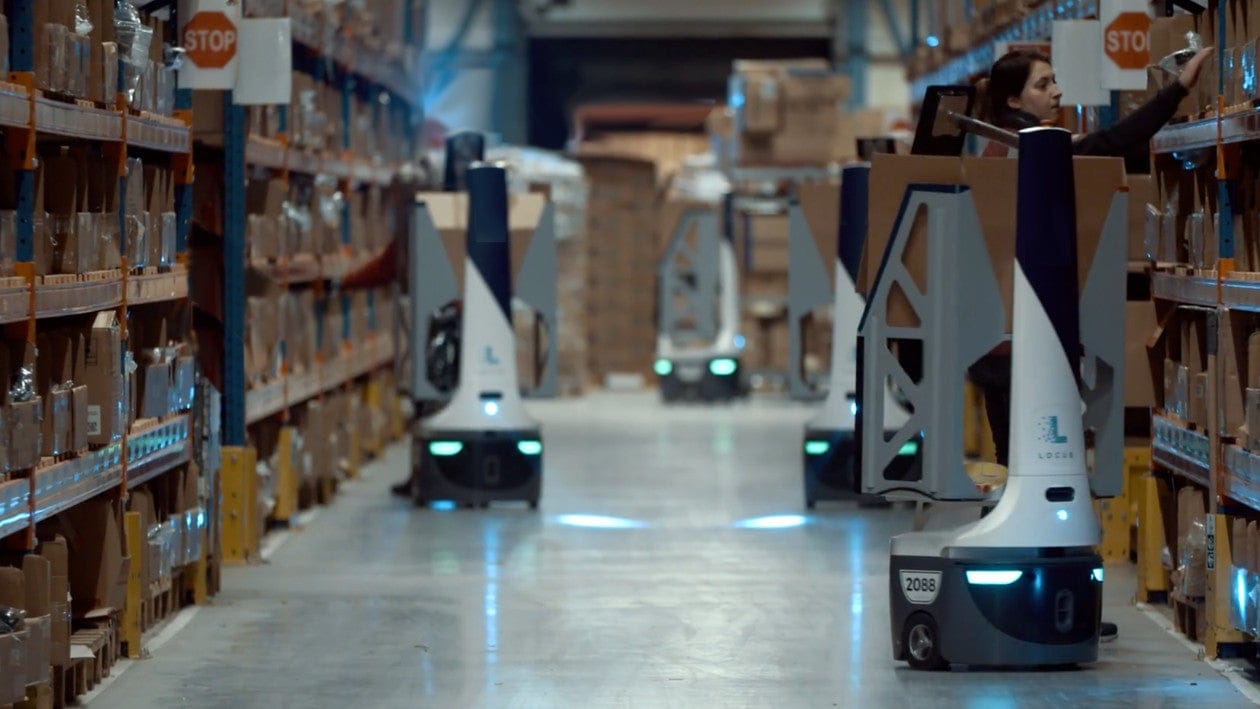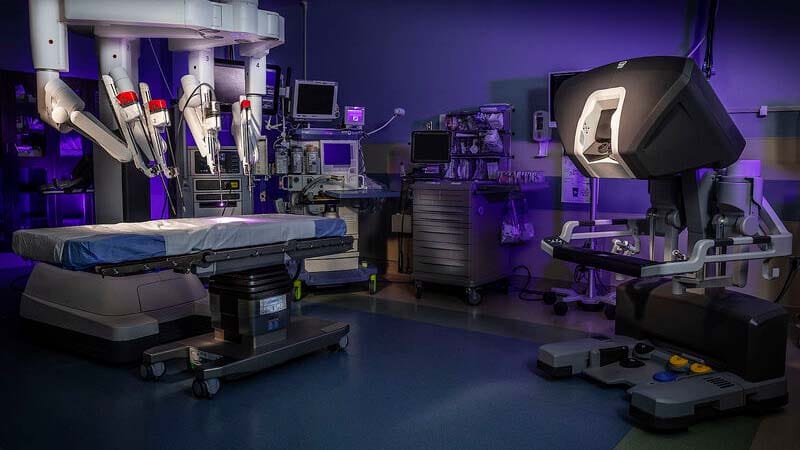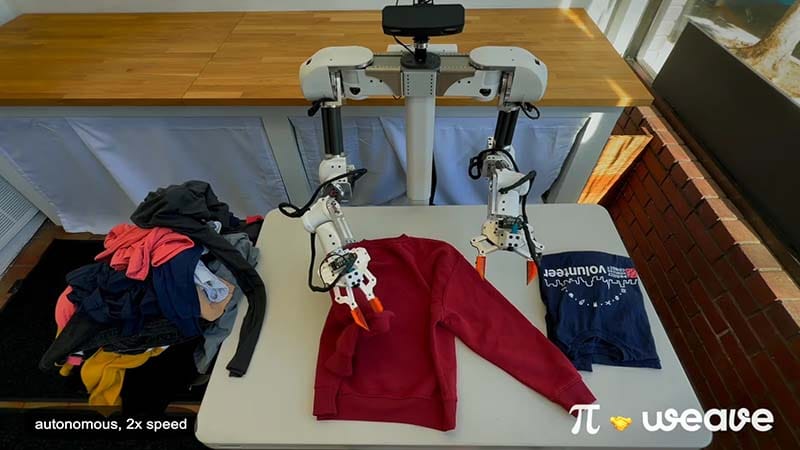🤖 Locus Robots Reaches 6B

Good Morning, Roboticists!
Robots are quietly redrawing the boundaries of commerce, labor, and even biology.
WAREHOUSE
Locus Robotics Hits 6 Billion Picks

📌 What’s happening: Locus Robotics has surpassed 6 billion warehouse picks, reaching the last billion in just 24 weeks, which marks the fastest pace in the company’s history. With 30–40% year-over-year growth, partners such as Staples Canada and The Quality Group in Germany are now depending on fleets of AI-driven mobile robots that handle hundreds of units per second across retail, logistics, and healthcare facilities.
🧠 How this hits reality: This stage of automation looks less like simple robotics and more like logistics orchestration at neural scale. The Locus bots are not merely moving boxes; they operate as adaptive swarms that balance human workflows, unpredictable demand, and constant SKU churn. Each additional billion picks brings Amazon-level efficiency to the broader supply chain and pressures smaller operators to either integrate Physical AI or lose competitiveness in unit economics.
🤖 Key takeaway: When robots can complete six billion picks before most companies close their next funding round, logistics stops being about movement and starts being about latency control.
HUMANOID
China’s Marathon-Running Humanoid Hits the Mass Market
📌 What’s happening: Songyan Dynamics, the company whose N2 humanoid robot famously finished second in the Beijing Half-Marathon with no human assistance, has launched Bumi, a 94-cm humanoid priced at ¥9,998 (~$1,400). Despite its size, the robot packs 21 degrees of freedom, voice interaction, and programmable learning features aimed at education and home use. The same team’s robots have since won gymnastics medals and performed at UNESCO events.
🧠 How this hits reality: For the first time, a robot capable of walking, dancing, and teaching kids to code costs less than an iPhone. That pricing signals that China’s vertically integrated supply chain has made humanoid motion cheap enough to scale. Once parents can buy the same kind of machine that outran half a marathon field, labor-training, retail demos, and even caregiving may follow the same cost curve as smartphones.
🤖 Key takeaway: When a marathon medalist sells for under ten grand, it’s not a toy; it’s a warning shot at every industry that still bills by the hour.
INNOVATION
Scientists Build Power-Free ‘Squishy Eye’

📌 What’s happening: Researchers at Georgia Tech have developed a hydrogel-based robotic lens that can automatically focus in response to light, no electricity, no motors, no silicon chips. The material contracts and expands with heat generated by graphene oxide when illuminated, mimicking the human eye’s iris. Published in Science Robotics, the prototype can resolve features as small as 4 micrometers and could replace traditional glass optics in microscopes or soft robotic sensors.
🧠 How this hits reality: This is not just a clever lab trick; it’s a proof-of-concept for fully analog, power-free sensory systems. If scaled, it could free soft robots from wiring, batteries, and brittle optics, allowing underwater drones, surgical bots, or wearable prosthetics to “see” without electronics. It also hints at a post-silicon future where robotic perception becomes a matter of chemistry, not circuitry.
🤖 Key takeaway: When vision stops needing power, the next generation of robots might finally open their eyes, without ever plugging in.
QUICK HITS
- Zalando partnered with AI robotics firm Nomagic, deploying “Richard” robots and investing in its $44M Series B to boost warehouse automation.
- Shenzhen-based humanoid robot maker Leju Robotics raised over $200 ahead of its planned IPO.
- Starship Technologies partnered with Germany’s retail giant REWE to launch its first autonomous delivery robot service in Hamburg.
- Australia’s Crest Robotics unveiled Charlotte, a robot that 3D prints a full home in 24 hours using sustainable materials.
- Serve Robotics is raising up to $100 million through a stock sale and expanding its U.S. delivery robot fleet with new acquisitions and partnerships.
TOGETHER WITH US
AI Secret Media Group is the world’s #1 AI & Tech Newsletter Group, boasting over 2 million readers from leading companies such as OpenAI, Google, Meta, and Microsoft. Our Newsletter Brands:
- AI: AI Secret
- Tech: Bay Area Letters
- Robotics: Robotics Herald
We've helped promote over 500 Tech Brands. Will yours be the next?
Email our co-founder Mark directly at mark@aisecret.us if the button fails.





